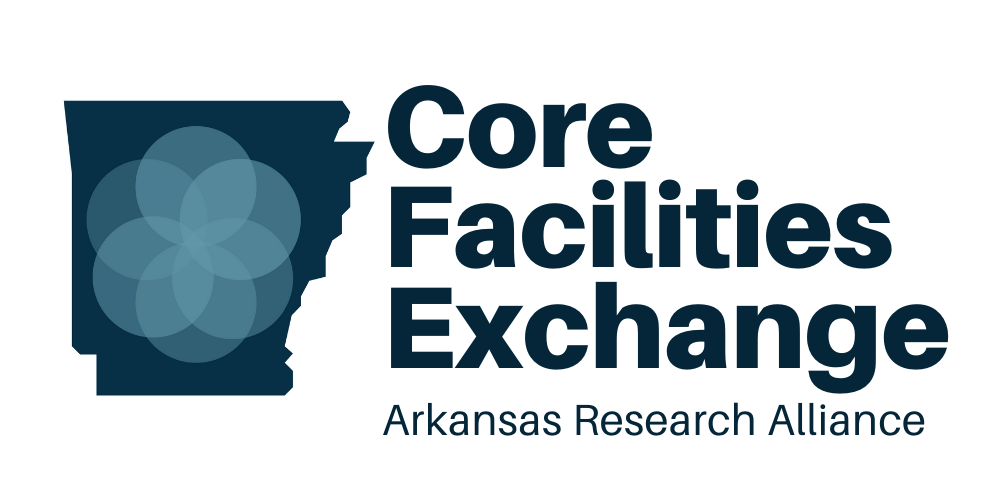The Division of Biochemical Toxicology conducts fundamental and applied research specifically designed to define the biological mechanisms of action underlying the toxicity of products regulated by, or of interest to, the centers of the FDA. This research is focused on measuring the toxicities and risk of cancer related to specific chemicals and the introduction of new techniques to enable regulatory agencies to evaluate better the risks associated with exposure to chemicals.
Equipment:
- Thermo Accela ultra-high-performance liquid chromatography (UHPLC) with photo diode array detector
- Waters Xevo TQ-S and TQ-XS triple quadrupole mass spectrometers with Acquity UPLC
- Agilent 7800 inductively coupled plasma mass spectrometer with SPS4 autosampler
- Thermo Q-Exactive Orbitrap mass spectrometer with Vanquish UHPLC
- Bruker Biospin Avance III 500 nuclear magnetic resonance spectrometer
- PIXImus dual-energy X-ray absorptiometer
- Permegear Franz cell and in-line cell systems
- Perkin Elmer Tri-Carb 4910TR liquid scintillation counter
- Agilent 5977C mass spectrometer with an 8890 gas chromatograph
All potential use of NCTR equipment must be aligned with NCTR’s mission and may require a technology transfer agreement:
NCTR conducts scientific research to generate data for FDA decision making, and develops and supports innovative tools and approaches that FDA uses to protect and promote individual and public health.
If you would like to contact this core facility, please fill out the "Facility Contact Form" on the right of this page. This contact method helps ARA measure the success of the CFE in connecting potential collaborators and will flow directly to the core director’s email inbox.



